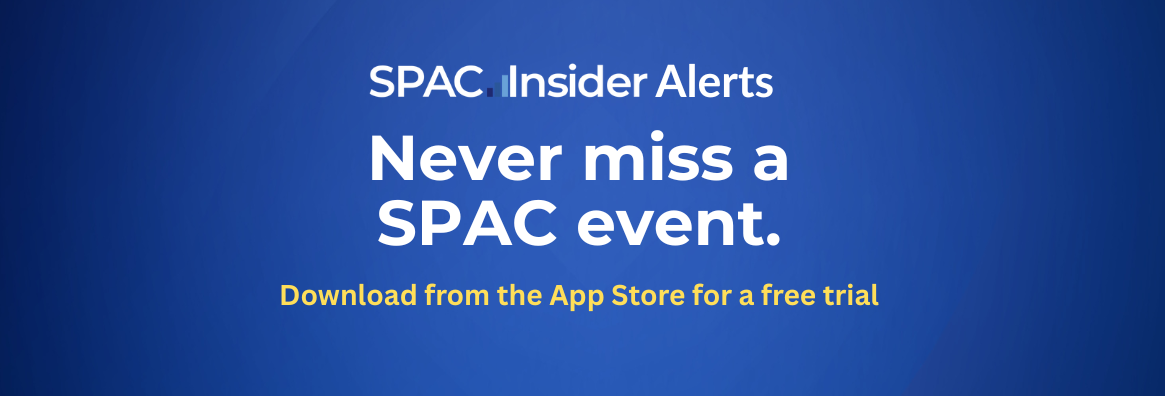Avista Public Healthcare Fails Vote to Extend and Will Liquidate
Avista Was Just Kidding…Their Vote Didn’t Pass.
Avista Healthcare Public Acquisition Corp., announced late Tuesday afternoon that not only did their originially approved extension proposal vote not get passed, but that they are liquidating due to an error in the voting process which, according to AHPA’s charter requires 100% participation in the extension vote. This feels a little like the U.S. electoral process in that …”oh, you ‘technically won’ but according to the rules, you lost. Sorry, and we’re taking all your money.” To be clear, Avista’s vote was 30,179,230 “for“, 2,202,225 “against“, and 2,438,000 “abstained“.
All of this is surprising news for a number of reasons. First, AHPA held their extension vote on October 4th, and on that same date announced the proposal to extend had passed. Today’s announcement revised that result and announced the disapproval of the vote and AHPA’s liquidation due to an error in the voting standard.
Per the 8-K:
The Original 8-K reported that Proposal 1 – To authorize an amendment to the Company’s amended and restated memorandum and articles of association (the “Articles”) to extend the date by which the Company has to consummate a business combination from October 14, 2018 to February 15, 2019 (“Proposal 1”), was approved at the EGM, based on the Company’s application of a voting standard requiring approval by a vote of at least two thirds of the ordinary shares represented in person or by proxy and entitled to vote thereon at the EGM (voting together as a single class). The voting standard we applied was incorrect. Pursuant to the Articles, the correct voting standard for Proposal 1 required affirmative votes in respect of 100% of all shares entitled to vote.
Further to that….
“The proposal was not approved, having not received “for” votes from 100% of all shareholders entitled to vote.”
“In connection with this vote, the holders of 30,798,019 Class A ordinary shares exercised their right under the Articles to redeem their shares for cash at a redemption price of approximately $10.20 per share, for an aggregate redemption amount of approximately $314,258,591.61, in the event that the proposal was approved. As a result of the Company’s error with respect to the application of the prescribed voting standard, these shares were redeemed on October 4, 2018, which was in advance of the date required by the Articles. As a result of Proposal 1 not being approved, such shares were subject to mandatory redemption within ten business days of October 14, 2018 pursuant to the Articles.”
Here’s where it gets crazy….
“In addition, the 201,981 Class A ordinary shares that were sold in the Company’s initial public offering that remained outstanding after the holders of such shares elected not to be redeemed in the aforementioned redemption (the “public shares”) are also subject to mandatory redemption pursuant to the requirements of the Articles. Due to additional interest having accrued in the trust account since October 4, 2018, these shares will be redeemed for approximately $10.30 per share, for an aggregate redemption amount of approximately $2,081,520.”
What does this mean? Well, for starters, the shareholders who either forgot to redeem or for whatever reason didn’t redeem at the extension vote, just got an additional $0.10 extra at liquidation, proving the lazy man’s theory that doing nothing is better than doing something.
Secondly, it means every single SPAC and shareholder should check their charter to see what their rules are. Seriously. How this slipped past everyone involved is crazy. Shouldn’t the fact that a necessary 100% vote be fact #1 before going to a vote?
In the end, the shares that voted to redeem at the extension vote received $10.20 per share. And the shares that didn’t vote will receive $10.30 per share due to additional interest. And this SPAC liquidates.
Regardless, the end result doesn’t feel good. This should have been better. Avista should have been a winner from the start and it’s a warning sign to future SPACs. Take heed.

